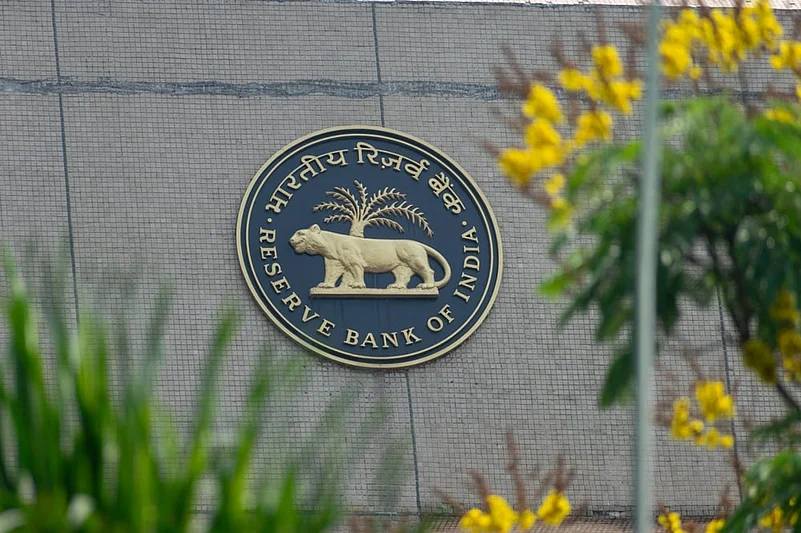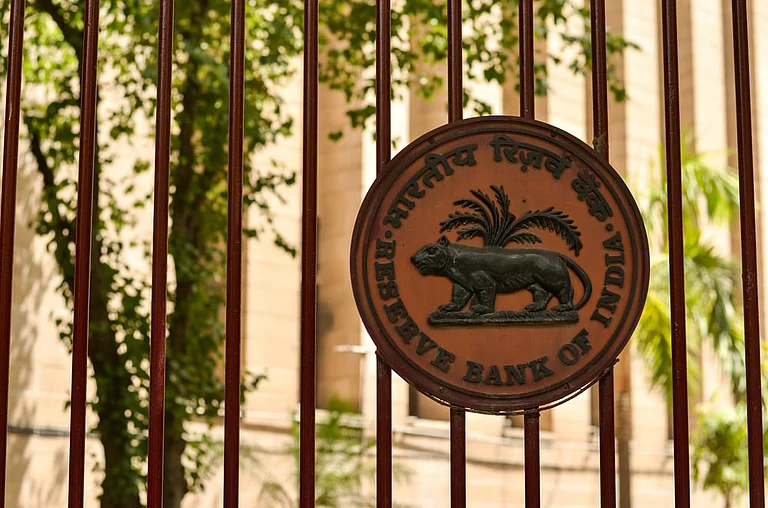The Reserve Bank of India (RBI) has imposed monetary penalties on two banks—Deutsche Bank AG, India and Yes Bank Limited—for failing to comply with its regulatory directions. The action was taken under the Banking Regulation Act, 1949, following findings from the RBI's routine supervisory evaluation.
On May 13 2025, RBI imposed a penalty of Rs 50 lakh on Deutsche Bank AG, India. The bank failed to report the credit information of certain borrowers to the Central Repository of Information on Large Credits (CRILC). RBI guidelines stipulate that all banks are required to report such information to CRILC so that the central bank and other lenders can monitor big and widespread exposures among banks.
The penalty followed the Statutory Inspection for Supervisory Evaluation (ISE 2024) of the bank on the basis of its financial position as on March 31, 2024. A notice was then given to Deutsche Bank asking for the reason why action should not be taken against it for the default. On hearing the bank's written submission and oral arguments, RBI concluded that the charge was justified and worthy of a monetary penalty.
The RBI explained the move was taken because of a failure to comply with rules and not because of questioning the validity of any transaction or agreement carried out by the bank against its customers. It also suggested that further regulatory or legal action may be taken if necessary.
Just three days later, on May 16, 2025, RBI imposed yet another fine—this time of Rs 29.60 lakh—on Yes Bank Limited. This was for the bank failing to provide true and complete information about customer grievances in its Annual Financial Statements for the year ended 2023–24.
This default was also discovered under ISE 2024, where the position of finances of Yes Bank as of March 31, 2024, was scrutinised. The RBI sent a notice to Yes Bank in the same line, asking it to reply on why it had defaulted in providing disclosures. Based on an evaluation of the bank's reply and further clarifications provided at a personal hearing, the RBI held the bank responsible for not providing adequate information.
Transparency in customer complaint reporting is a critical part of good banking practice. It illustrates the manner in which a bank handles grievances and is essential to regulators, investors, and the public making an informed opinion regarding the quality of the customer service of a bank. Inaccurate reporting as such, raises questions about the bank's internal reporting and governance.
In both instances, the fines have been imposed under Section 47A(1)(c) read with Section 46(4)(i) of the Banking Regulation Act, 1949. They allow the RBI to impose penalties on banks failing to follow its instructions.
Although the penalties—Rs 50 lakh for Deutsche Bank and Rs 29.60 lakh for Yes Bank—are relatively small in comparison to the size of the institutions, the action signals the RBI's continued focus on ensuring regulatory discipline in the banking system.
In the past couple of years, the RBI has increased scrutiny of the disclosure and compliance procedures of banks. Its aim is to protect the system from the risks of a systemic nature, strengthen governance, and build more accountability in the financial system. All these penalties remind the banks that even small deviations from customary report-filing requirements can attract the eyes of the regulators.
For the consumer, it is a signal that the RBI is keenly observing the way banks function and is determined to keep them under control. For the banks, it emphasises the need to strengthen internal controls in reporting data, tracking compliance, and disclosure to the public.
The RBI further clarified that the imposition of these penalties by no means cancels or invalidates any agreement entered into between the banks and their customers. It did not also rule out the possibility of the imposition of further steps against the banks depending on the nature and extent of the violation.
With the financial sector more networked and data-dependent, the necessity for precise reporting and stringent compliance is far more imperative. The regulatory system by bodies like the RBI plays a pivotal role in establishing trust and stability in the system.










